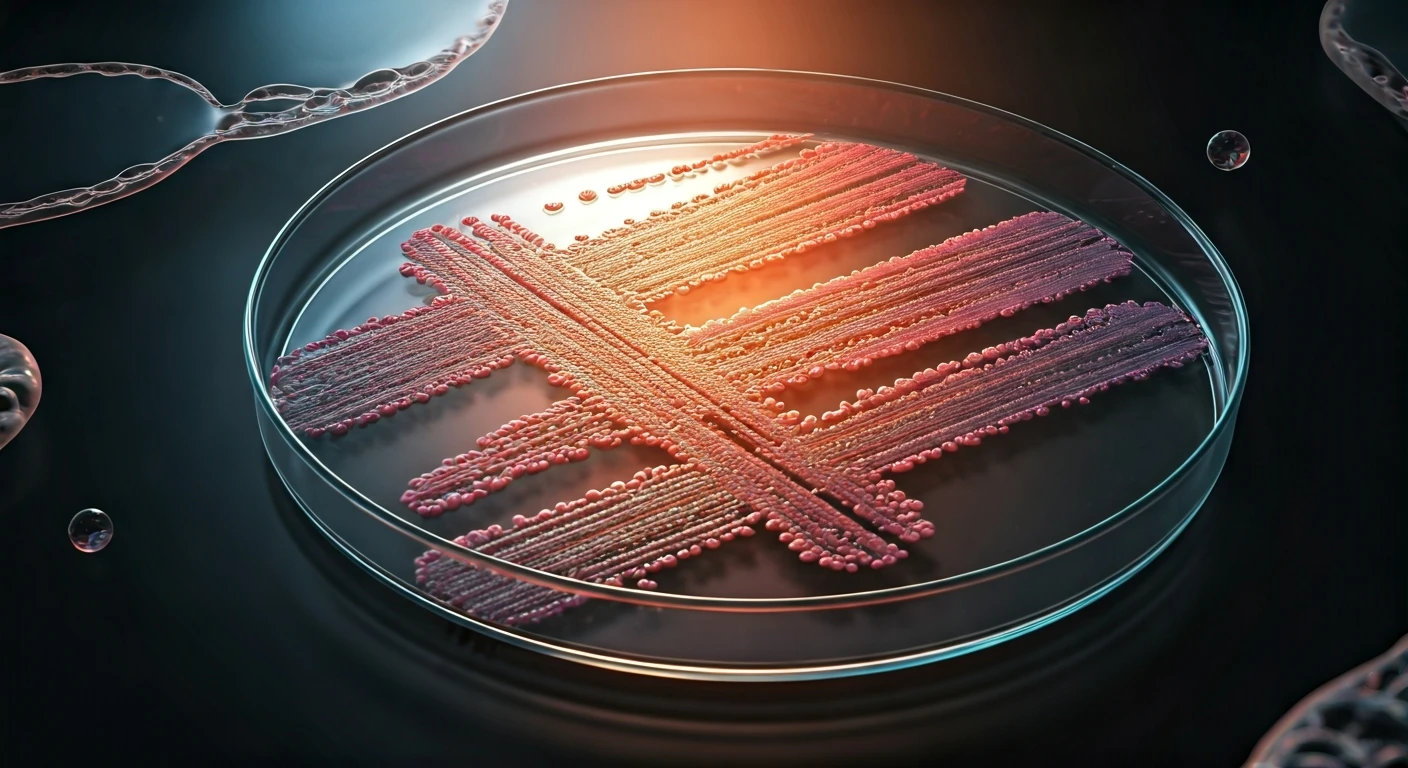Creatine is a natural substance found in muscles and the brain, and it is also one of the most popular supplements for athletes and gym-goers. Many people use it to build strength, increase endurance,
and support muscle growth. But because creatine is processed by the kidneys, there are often concerns about whether regular use could put extra stress on them.
The kidneys are responsible for clearing creatine and its byproduct, creatinine, from the blood. That is why some people worry that long-term supplementation, or taking too much, could lead to kidney problems. So, what does the research actually say?
Creatine is safe for the kidneys when used correctly
According to a study published in the Journal of the International Society of Sports Nutrition, creatine at standard doses (about 3 to 5 grams per day after the loading phase) does not damage the kidneys in healthy people.
Even with long-term use, studies show no link between creatine and kidney disease or decline in kidney function in those with no prior issues.
Health experts do note an important exception: people with existing kidney disease or reduced kidney function should avoid creatine unless specifically approved by their doctor. For them, the risks may outweigh the benefits.
Why creatinine levels can cause confusion?
When the body uses creatine, it produces creatinine, which the kidneys then filter out. In medical tests, high creatinine levels in the blood usually suggest kidney problems. But taking creatine supplements can naturally raise creatinine levels, even when kidney function is normal. This can sometimes trigger a “false alarm” in blood reports.
Reportedly, doctors understand this and won’t judge kidney health based only on creatinine levels. They look at other test results and symptoms before making conclusions.
Simple steps to protect your kidneys while on creatine
If you are using creatine, there are a few easy habits that can help keep your kidneys healthy:
- Stick to safe doses: Do not take more than 3 to 5 grams per day as a regular maintenance dose.
- Stay hydrated: Drink enough water, since dehydration can strain the kidneys, especially during workouts.
- Skip it if you have kidney problems: Only use creatine if your doctor gives the green light.
- Check your health regularly: If you take it long-term, ask for kidney function tests like eGFR, creatinine, and urea.
- Pay attention to your body: Stop supplementation and see a doctor if you notice swelling, high blood pressure, dark urine, or reduced urination.















